Some of the people I'm talking about here I still talk to and work with. Some of them, for various reasons, I haven't talked to in years because they are now physically transitioned or if alive, political reasons or just capitalist survival and existence have facilitated a break in our interactions. Still, with complete respect and honesty, whether I'm in contact with them or not, I recognize all of them.
I want to start by speaking of my brother Zizwe Mtafuta Ukweli. Today, he's a professor at Lincoln University in Philadelphia. I haven't actually spoken to him in a while, but I think about him all the time. When I was a young man in the California Chapter of the A-APRP in the 80s, I was entralled with Zizwe. He was so intelligent and articulate, yet so humble and approachable. He could take the most complex Nkrumahist-Tureist ideological tenets and break them down into digestable bites. Early on, I imitated his witty saying often. His Common Sense Deficiency Syndrome (CSDS) analysis he developed in the 90s when he was touring with and advising KRS-1 and the Boogie Down Productions crew was pure genius and it really helped me grasp these difficult concepts. Plus, he was always willing to talk about these concepts in a way that didn't make you feel insignificant. Thank you Brother Zizwe!
Macho Shabaka was a brother who lived in Sacramento where I joined the A-APRP. He was on the Central Committee of the A-APRP at the time with people like Kwame Ture (Stokely Carmichael), Bob Brown (founder of the Ill chapter of the Black Panther Party and the person who recruited Fred Hampton into it), Mawina Kouyate, the long time respected coordinator for the All African Women's Revolutionary Union, and David Brothers, the founder of the Brookyn Black Panther chapter. At that time, we considered the Central Committee to be the voice of God and here was Shabaka, as we called him, living in Sacramento, representing that body. I wanted to impress him. I'm sure he has no recollection of this, but I remember being on the Cal State University Campus and running up to him while he was engaged with other African students I knew. I interrupted their discussion to announce that I had just pilfered a copy of Maulana Karenga's "Introduction to Black Studies" and for some dysfunctional reason, I thought announcing that to this brother would demonstrate to him that I was a serious revolutionary. My relationship with Shabaka grew. I would spend time at his apartment. Some times i helped him organize notes from Central Comittee meetings. I started helping coordinate Kwame Ture's speaking engagements. It was through this work that I really began to learn about Pan-Africanism and the strategy and work of the A-APRP. This was before I first traveled to Africa. Before YouTube. Before social media. Often, before computers. I would read pages and pages of handwritten notes and I learned. I asked him countless questions and he helped me understand. He was patient with my ignorance and I appreciated that. He challenged me when I strayed to far outside the party's structural capacity. Unfortunately, that patience began to diminish years later as I grew in my own voice and began to question him on a variety of things. Today, it has been probably about 13 years since I've seen and talked to him, but I respect all the time he spent with me and I could not and would not be the organizer I am today without him. So, thank you Brother Shabaka.
Brother Munyiga Lumumba is an organizer for the A-APRP in Oakland/Berkeley who was actually the speaker in Sacramento whose words convinced me to make the decision to join the A-APRP. It was March of 1984. From that time up until the early part of the 2000s, this brother was really my leader in many ways. I tried to learn from his fearless, confident, and aggressive style of representing the A-APRP at a time when talking about Africa, socialism, Palestine, and the things the A-APRP talks about was a very bold thing to do. Then, there was his willingness to take charge when leadership was necessary. Recently, I was able to post on Youtube a converted video from 1991 of Tupac Shakur performing at the A-APRP organized African Liberation Day in Sacramento. Munyiga was the person who made that happen. Unfortunately, like Shabaka, I feel that our work together took a turn for the worst when I began to question things and think more for myself, but I still appreciate all that I learned from this African and I thank you Brother Munyiga for your guidance and inspiration.
Brother Akinsanya Kambon was a former Vietnam Vet and Black Panther from Sacramento who was indicted in 1969 in the death of a Sacramento Police officer (the charges were later overturned). He is a gifted painter/artist and he was present at the March 1984 event where I decided to join the A-APRP. Unlike the previous brothers mentioned, Brother Kambon, as I called him, wasn't as keen at articulating Nkrumahist/Tureist ideology as the other brothers, but he knew firearms and fighting techniques and he was willing to share his knowledge with young brothers like me and I ate that information up. He was also a fantastic story teller and I would sit and listen to him for hours. His stories inspired me because he spoke of our will to survive and resist oppression. Plus, he taught me you can tell stories with humor. One of my fondest recollections was hunting on the Indigenous Red Wind land with Kambon and some former L.A. gang bangers. The humor and comrade relations meant so much to me. For that, I appreciate this brother. Thank you Brother Kambon.
Brother Dedon Kimathi was also a former Black Panther and was a leading A-APRP cadre in Southern California for years. In August of 2015, this brother made his physical transition. I don't have any personal stories about spending time with Dedon, because I never spent any personal time around him. On a personal level, we were completely different on a philosophical plane and therefore often clashed. In truth, the only time I spent around him was in A-APRP meetings, but it was that time that I will never forget. This brother's ability to break down complex party concepts and especially how he articulated the history of the A-APRP, especially in California, was invaluable for my intense hunger to understand this organization and how I could engage it better. In spite of my personal issues with him, his ability to do this, along with his intense work on KPFK in L.A. for years, and his work with the Crack the CIA, Bloods and Crips, etc., is all to be respected. For this, I wish Brother Dedon a very strong rest in power and I express my appreciation for his hard work, wisdom, and commitment to our liberation.
Brother Akubundu Amazu is still a very active member of the Cali A-APRP chapter. In fact, he serves on the A-APRP Central Committee today. Akubundu also never appeared to aspire to become big at articulating ideology, but I distinctly remember him approaching me at my very first chapter meeting in 1984. He introduced himself and his sincere happiness at my decision to join the A-APRP's work study process resonated with me. I felt I had a real comrade and friend and I was right. Over the years, this brother has continued to check in with me on a regular basis with encouragement for my work and criticism when warranted, but always in the same principled method. Most people who know and/or organize with me know of my love for Guinea, the Democratic Party of Guinea, Sekou Ture, etc., and how much time I have spent learning about that society and history. I must say that it was Akubundu's travel to Guinea that made what that country has contributed to Pan-Africanism real to me for the first time. It is also from him that I've learned that need for continued principled struggle and honesty. He has helped me realize this is the only way we can destroy the dominantly liberal atmosphere that makes organizing circles often so toxic. So, thank you brother Akubundu.
Now, I know somebody's saying "he hasn't mentioned one women," but that isn't by accident. I just saved the best for last. Sister Nehanda Imara was the first African in America I ever met who had traveled to Africa. I remember that first chapter meeting in 1984 when someone told me I needed to talk to her "because she just got back from Senegal." I ended up having to encounter her later that day because she was helping host the meeting at Laney College in Oakland and we had a problem with the campus police that required her assistance. Since that time I've had the opportunity to struggle and build for decades with this sister. She was always very helpful in pointing out things to me that I needed to focus on in order to become a better organizer and revolutionary. I remember one time when someone admonished me for the book I was reading. It wasn't the "right" book for Pan-Africanists to be reading. I barely responded to the critique, but Nehanda took me aside and told me correctly that I should read whatever I could get my hands on and that I needed to have the backbone to tell this person that. There have been many more building interactions over the years as this sister is still very active in the Cali A-APRP today and as I've now traveled many times to Africa, including twice to Senegal, I always remember that this sister, who spends much of her life now in Africa, was the actual person who helped me make my personal connection to Mother Africa. Thank you Sister Nehanda.
Sister Tumikia Watu Khuthasa was an organizer for the A-APRP in the Bay Area. She never attempted to portray herself as a leader in the party. I don't remember her saying much during meetings and I don't remember her taking on major presentation roles often, but what I do remember and still respect about her is her consistency. After the events, after the meetings, she was always there offering encouragement. She was there filling in the blanks for me and helping me understand why what we do is important. And, most importantly, when I went through my personal life turmoils, she never cast judgment, she offered support. She still does, playing a humble role of offering her house (along with my dear brother Nidamu) when I've brought a total of probably 20 people from Oregon to the Bay for events over the last two years. Thank you Sister Tumikia.
There are many others I could discuss. People I haven't spent as much individual time around, but who influenced me all the same. People like Mzuri Pambeli in Southern California, the foundation of party organizing in that region for years. She remains a major inspiration for me from the first time I met her in 1985 to talking to her by phone within 48 hours of writing this. Then, there are always the immortal leaders of the A-APRP who have made their physical transitions. People like David Brothers, Mawina Kouyate, and of course - Kwame Ture. I had opportunity and exposure to work with all of them often and productively and can speak to their character and commitment to African liberation and forward human progress.
There are undoubtedly people I didn't mention that I could mention. There are some people outside the A-APRP I am not ready to mention yet for valid reasons. The point is it is my hope I can inspire you to think of those people who made/make a difference in your life and that you acknowledge that in some way. Whether they are in your lives now or not. I am not here just because of me. I'm here in large part because of these people I'm telling you about. To have any understanding about who I am and why I do the work I do, you have to know about these people. They helped take this insecure, anxious, but determined young man on a path that I trust brings you some hope. Maybe this helps you connect the dots to those who helped shape your consciousness. I believe if you can recognize where your inspiration came from, you can then have a focus to provide continued inspiration to others. That's how we keep the flame lit and the hotter the fire, the quicker we can burn down the bad and construct the new. Hopefully this helps you in that journey. Hopefully if those mentors who I'm not in regular contact with see/read this, they can appreciate my sincere desire to recognize their efforts to contribute and how their work positively impacted me. Hopefully, we can talk and work together again one day. Hopefully, I can continue to work and build with those I'm still connected to. And, as my good comrade sister from the Malcolm X Grassroots Movement told me when I greeted her recently and asked her how she was doing; if they just say my name for libation after I'm gone, then I'll feel that I've done my part.
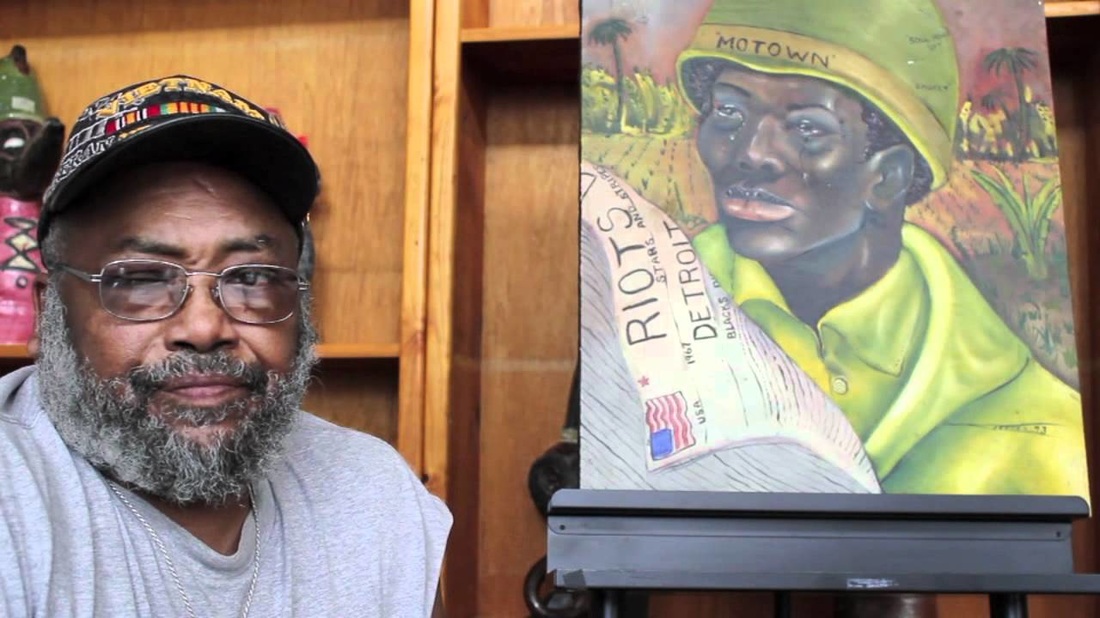

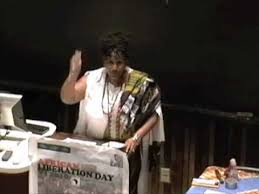
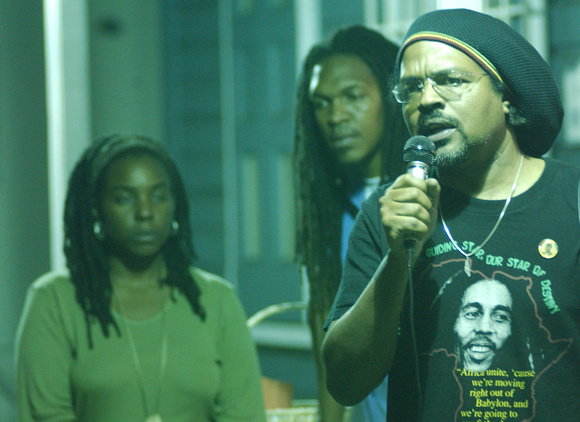
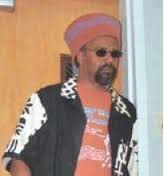
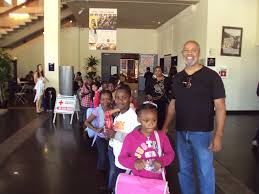
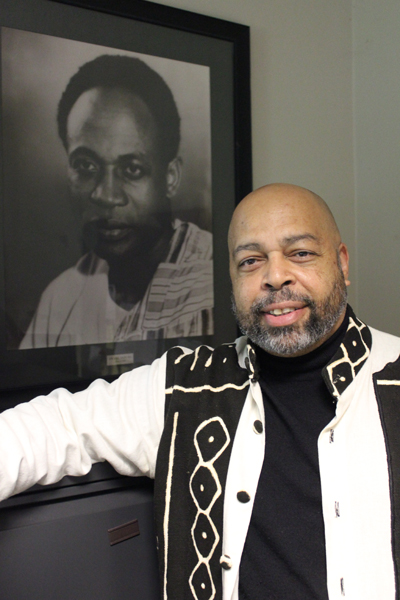
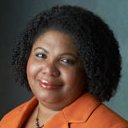
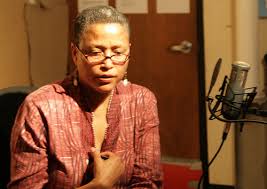

 RSS Feed
RSS Feed
